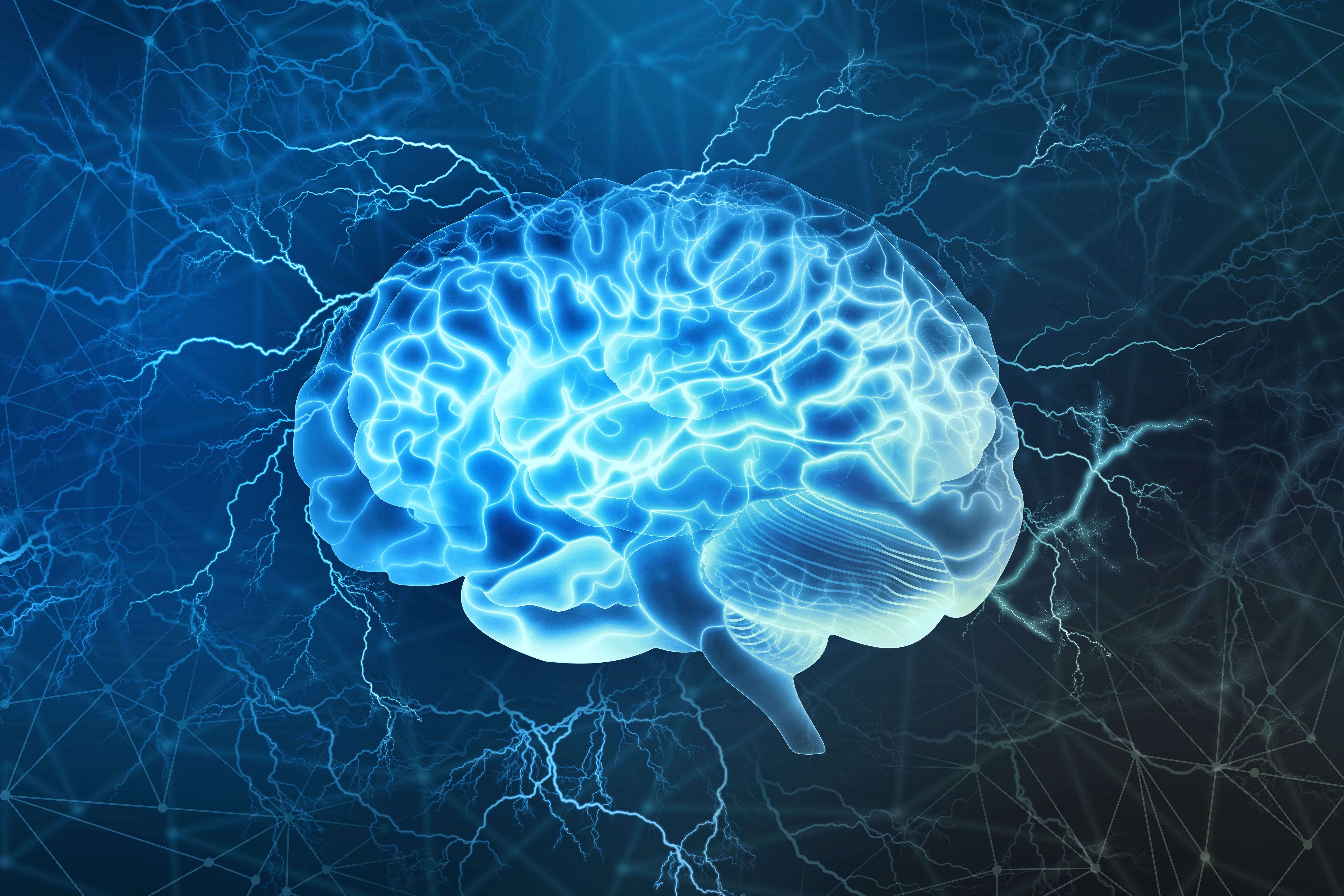Article
Novel Treatment Shows Promise for Hypertension-Induced Cognitive Impairment
Author(s):
Study evaluates the interaction between excessive salt intake and hypertension, cognitive dysfunction, and dementia.
A new novel treatment for hypertension-induced cognitive impairment could include the interaction of angiotensin II (Ang II)-AT1 receptor and prostaglandin (PGE2)-EP1 receptor systems, according to the results of a study published in the British Journal of Pharmacology.1
Siarheialth - stock.adobe.com

“Excessive salt intake is considered a risk factor for hypertension, cognitive dysfunction, and dementia. However, studies focusing on the interaction between the peripheral and central nervous system have not sufficiently investigated this association,” Hisayoshi Kubota, from the Graduate School of Health Science at Fujita Health University, said in a statement.2
Currently, there are no drug therapy treatments to cure dementia, and treatment satisfaction remains low. Investigators indicated that excessive phosphates to the tau protein, which is a key protein in Alzheimer disease, can impact emotional and cognitive consequences.2 They also noted that Ang II-AT1 receptors and PGE2-EP1 receptor systems have a correlation with hypertension, as well as neurotoxicity, but has been unclear on what role high salt-mediated hypertension and emotional and cognitive impairments play in these receptors.1
A collaborating team of investigators in Japan designed the study to help evaluate how high salt-mediated hypertension and emotional and cognitive impairment and Ang II-AT1 and PGE2-EP1 correlate with one another.
In the study, mice were given 2% sodium chloride drinking water, a high salt solution, for 12 weeks with the investigators monitoring the mice’s blood pressure. The investigators also observed the effects of high salt intake on emotional and cognitive function and tau phosphorylation in the prefrontal cortex and the hippocampus.1
Additionally, they examined the involvement of Ang II-AT1 and PGE2-EP1 systems in high salt-induced hypertension and neuronal and behavioral impairments. Mice were treated with losartan, which is an AT1 receptor blocker, or EP1 gene knockout.1
The results of the study showed that hypertension, impaired social behavior, and object recognition memory after a high salt intake could be associated with tau hyperphosphorylation, decreased phosphorylation of Ca2+/calmodulin-dependent protein kinase II, and postsynaptic density protein 95 expression in the prefrontal cortex and hippocampus of the mice.1 For treatment, investigators found that these changes were blocked by losartan or EP1 receptor gene knockout.1
Specifically, the results showed that losartan was able to block hypertension, cognitive impairment, tau hyperphosphorylation, and plasma PGE2 elevation that is caused by high salt intake. For EP1 gene knockout, the pharmaceutical intervention was able to block hypertension, cognitive impairment, and tau hyperphosphorylation induced by high salt intake.1
“This study is of particular social and economic importance because the annual social cost of dementia treatment in Japan is surging like never before. Therefore, developing preventive and therapeutic drugs for dementia seems critical for Japan’s rapidly aging population,” Akihiro Mouri, a professor at Fujita Health University, said in the statement.2
References
1. Kubota H, Kunisawa K, Wulaer B, Hasegawa M, et al. High salt induces cognitive impairment via the interaction of the angiotensin II-AT1 and prostaglandin E2-EP1 systems. Br J Pharmacol. 2023;10.1111/bph.16093. doi:10.1111/bph.16093
2. How excessive salt consumption is linked to cognitive disorders and high blood pressure. News release. EurekAlert. May 29, 2023. Accessed June 12, 2023. https://www.eurekalert.org/news-releases/990688
Newsletter
Stay informed on drug updates, treatment guidelines, and pharmacy practice trends—subscribe to Pharmacy Times for weekly clinical insights.





